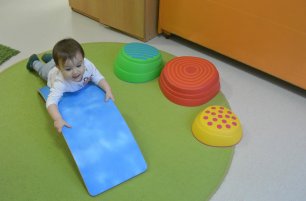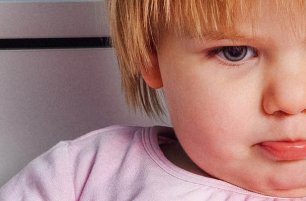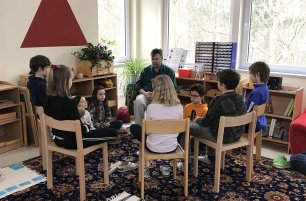Mones
Sorry, this article is only in Czech.

Toddlers need hands-on experience with life skills in real purposeful ways.
Read more
Parents today are constantly surrounded by images and ideas of what their children should or shouldn’t have and it can be overwhelming trying to decide what is best for their child’s development. Every parent wants to make good decisions when it comes to the items you choose to bring into your home, but how do we know which ones are more or less beneficial than others?
Read more
We all know the scene: a frustrated parent, a child that refuses to listen and do as they’re told, the fight that no‑one wins.
Read more
If you visit the Upper Elementary at IMSP on any school day in the late morning, you would hear a gentle bell ring at around 11:20. The students clean-up, and by 11:30, they gather on the classroom carpet and light a candle. A teacher sets a timer. At the sound of a bell, they begin their 5-minute awareness/mindfulness practice.
Read more
“At IMSP, we were always taught how to speak to people, to be mindful, to listen to one another, and that really helped when it came to making new friends. Once you have friends, everything else is simple. Everything else, you can figure out.
Read more